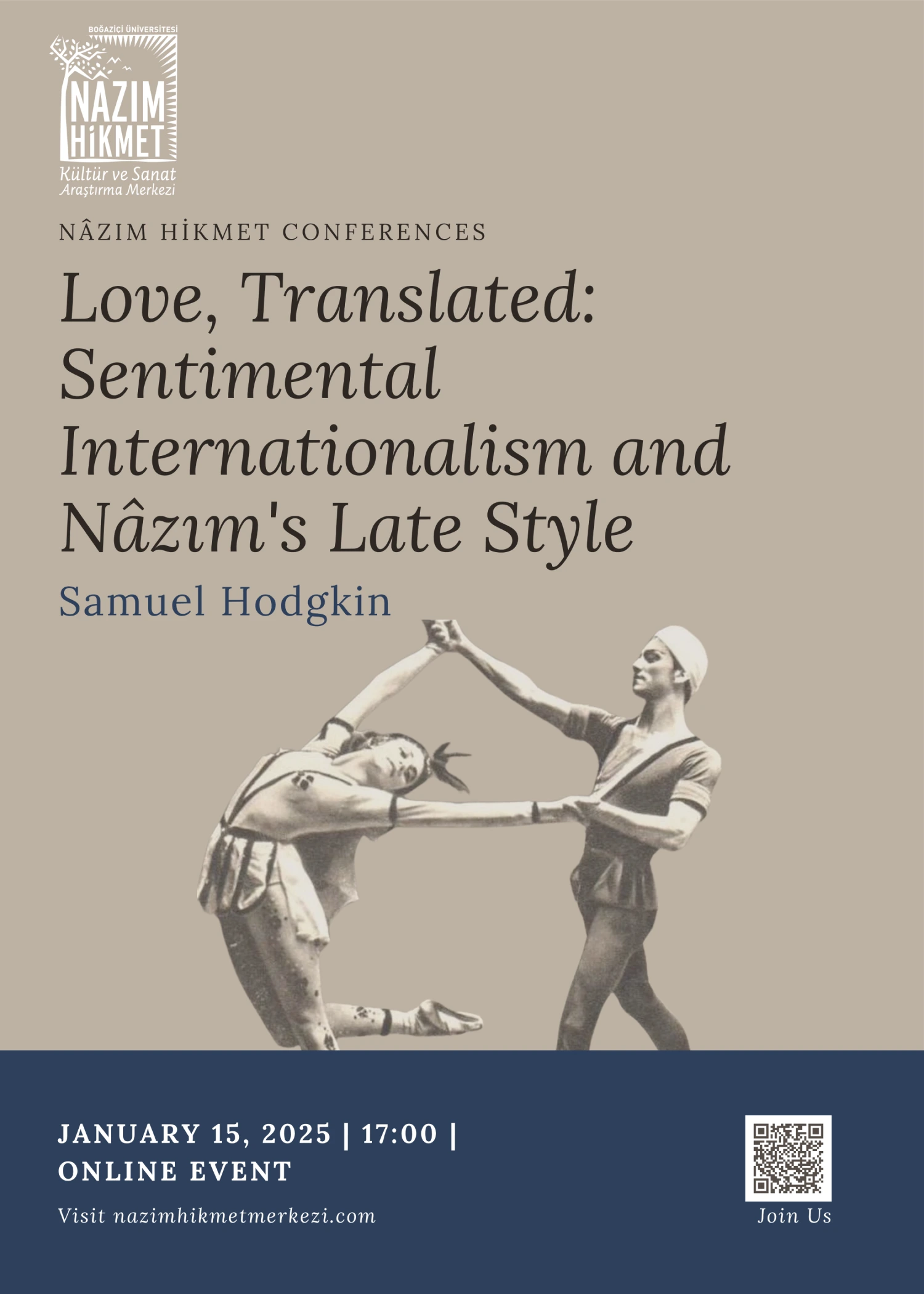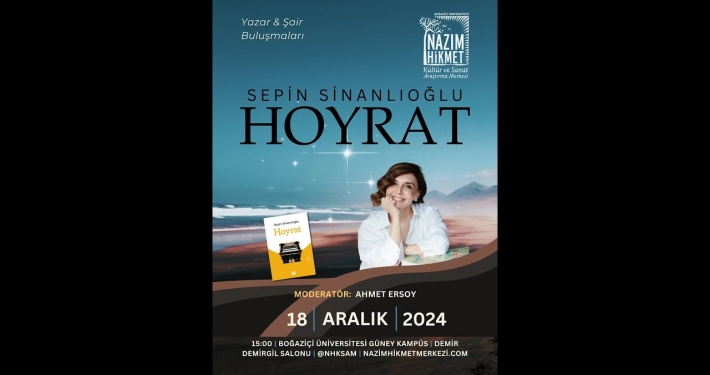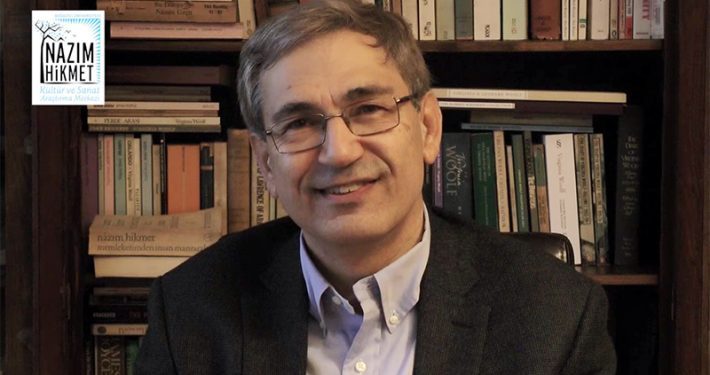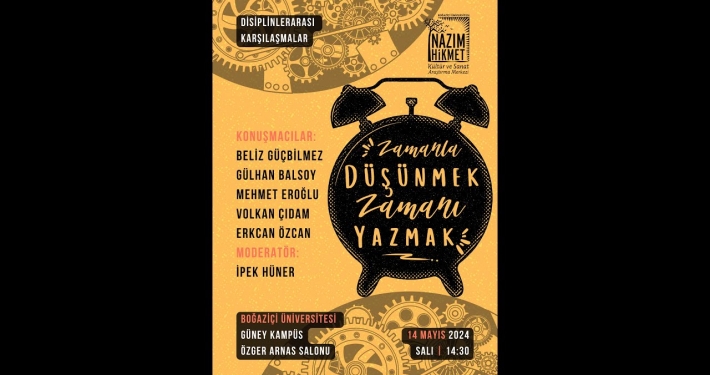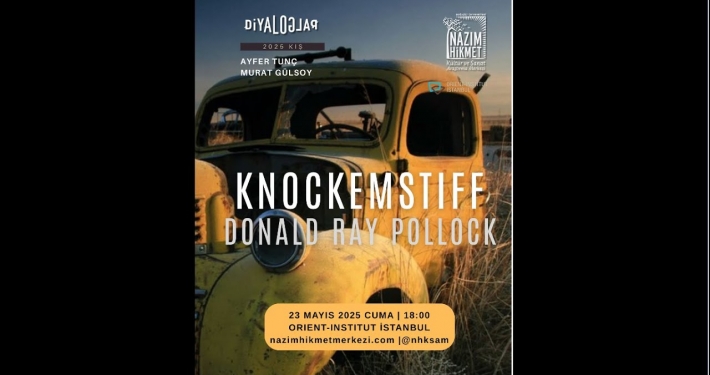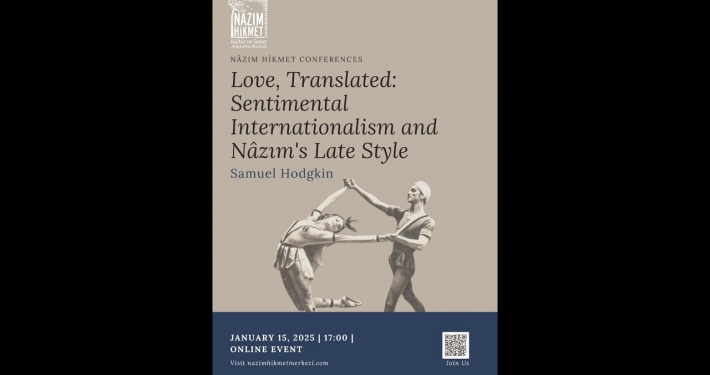Critics have often placed Nâzım within the tradition of revolutionary Romanticism, but his late works should also be understood as early models for the revival of Sentimentalism in the culture of the international post-Stalinist left. This talk considers the love lyrics and plays that Nâzım composed during his 1940s prison term and in the early years of his final exile, and their enormous impact on the public culture of the Khrushchev Thaw. As Nâzım, unpublishable in Turkey, managed the life of his works in the numerous languages of the Soviet Union, Warsaw Pact, and decolonizing world, his visions of the triumph of love over separation provided a template for a sentimental internationalism that claimed to dissolve boundaries of language and culture by means of mutual sympathy. While the political promise of Thaw internationalism was short-lived, this talk will explore episodes in which Nâzım’s works achieved that promise of transcendence, however fitfully.

